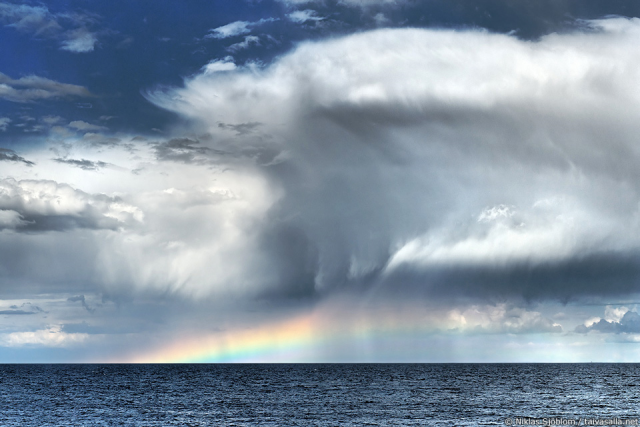
At the beginning of the last Assembly mandate in 2011, the Research and Information Service wrote a piece on the possibility of new legislation for Northern Ireland, ‘Climate Change: the need to raise the game’ [page 90 | PDF | 4.7mb]. Five years on, the climate change debate still remains and legislation specific to Northern Ireland has not yet been introduced. However, discussions around the introduction of legislation have more recently picked up momentum again.
The debate
Since the early 2000s, climate change has gained high priority status on international political agendas. The European Union is committed to working constructively towards a global agreement to control climate change by adopting an integrated package of legislative measures on energy and climate. These include the targets set for 2020 in the EU’s growth strategy to reduce greenhouse gas emissions by 20% (or even 30%, if the conditions are right) compared with 1990 levels. The issue of climate change has not only raised concern at governmental level; intense media attention has fostered a lively public debate about the potential connection between global climate change and the effects of each extreme weather event at a local level.
Predictions and modelling from the Intergovernmental Panel on Climate Change (IPCC) predict increases in extreme weather events over the 21st Century and attribute this to climate change as a result of greenhouse gas emissions causing rising surface temperatures.
Through the production of a Climate Change Adaptation Programme for Northern Ireland, the Department of the Environment asserted a link between climate change and recent episodes of extreme weather in Northern Ireland. Importantly, the latest UK Climate Change Projections (UKCP09) predict that NI will experience warmer, wetter winters and hotter, drier summers by the 2050s, with extreme weather becoming more frequent.
The target race
The latest data shows that emissions for NI in 2013 were 4% of the UK total and that emissions have been reduced by 16% since 1990, compared with 30% across the UK as a whole. According to the Committee for Climate Change, this deficit is due to:
- The comparatively low reductions in emissions from agriculture;
- The land use, land use change and forestry (LULUCF) sector being a net emitter rather than a net sink, as it is in the rest of the UK; and
- Increased emissions from transport.
Northern Ireland, Scotland and Wales must adhere to a piece of UK-wide legislation called the Climate Change Act 2008. This mandates a reduction of at least 34% in emissions by 2020 (well beyond the EU 2020 target) and 80% by 2050. It also introduced legally binding five year carbon budgets setting a limit to the amount of greenhouse gases the UK can emit. While the Act does not set targets specific to NI, we must contribute to the overall UK reduction.
With the lack of specific targets in the UK Climate Change Act, Scotland produced its own Climate Change (Scotland) Act in 2009 which targets a reduction in emissions of 42% by 2020, preparing for an 80% reduction by 2050. Wales also intends to exceed the UK target for 2020, with a reduction of 40%, and an annual reduction of 3% as set out in its Climate Change Strategy. According to the Environmental Protection Agency, the Republic of Ireland aims to reduce emissions from the non-emissions trading sector (agriculture, transport, residential, non-energy intensive industry, commercial services and waste) by 20% of 2005 levels by 2020. The Climate Action and Low Carbon Development Act 2015 will provide for targets up to 2050, to be detailed in subsequent plans.
More recent developments
The Climate Change Act 2008 established an independent body called the Committee on Climate Change (CCC) to advise the UK Government on reducing greenhouse gas emissions. In December 2015, the Northern Ireland Environment Minister requested that the CCC update its 2011 paper on ‘The appropriateness of a Northern Ireland Climate Change Act’. In doing so the CCC reiterated its support for climate change legislation in NI. The Minister published a consultation on the introduction of a Climate Change Bill in December 2015. Subsequently, the Minister has voiced support for bespoke legislation unique to NI.
In this new Assembly mandate, it will now be for the new Minister to decide whether to bring forward specific climate change legislation for Northern Ireland.